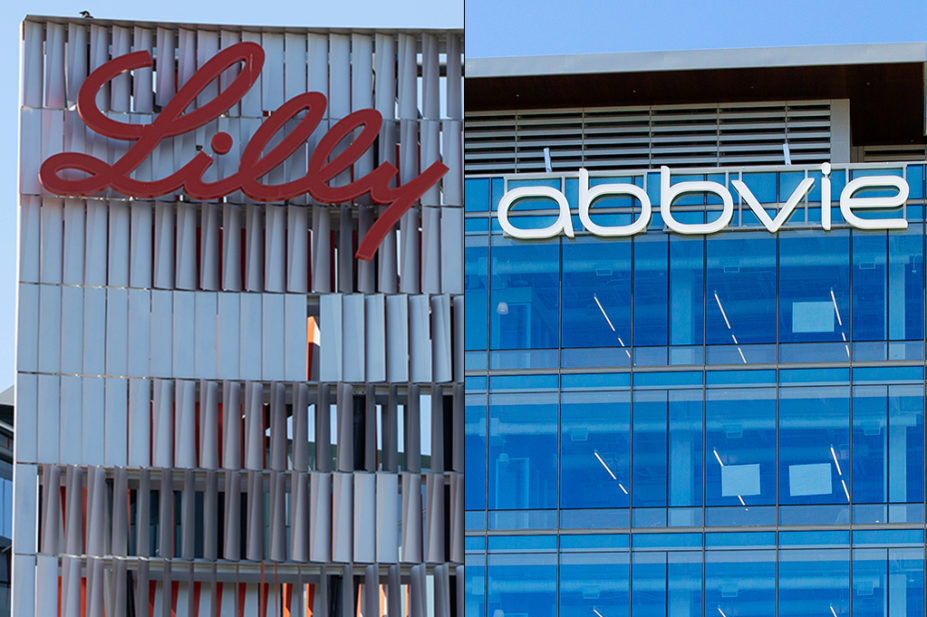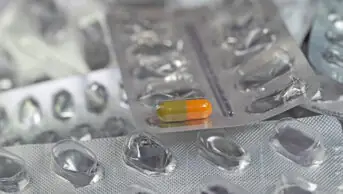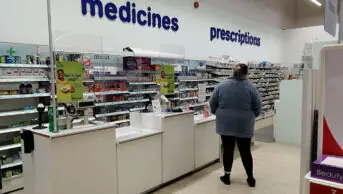
Shutterstock.com
Two of the world’s largest medicine manufacturers have left the UK’s ‘Voluntary Scheme for Branded Medicines Pricing and Access’ (VPAS), following an increase in repayment rates under the scheme.
In December 2022, the UK government announced that manufacturers signed up to the VPAS would need to pay the government 26.5% of their net income from sales of branded medicines to the NHS in 2023 — an increase of more than 11 percentage points in one year, from 15% in 2022.
As a result, the Association of the British Pharmaceutical Industry (ABPI) announced on 16 January 2023 that AbbVie and Eli Lilly had left the voluntary scheme in favour of the ‘Statutory Scheme for Branded Medicines’, which manufacturers supplying medicines to the NHS are required to follow if they are not signed up to VPAS.
The statutory scheme currently requires manufacturers to repay 24.4% of their net income from the sale of branded medicines; however, a government consultation may lead to an increase to 27.5% from 1 April 2023.
Speaking to The Pharmaceutical Journal, a spokesperson for the ABPI said the decision to leave VPAS, and potentially pay a higher rate through the statutory scheme, comes as “companies are increasingly struggling to justify what is theoretically a voluntary scheme to global boardrooms, which is so out of kilter to global norms”.
“It is easier to justify a statutory scheme, which is applied through direct legal imposition,” they said.
Following the announcement of increased repayment rates under the VPAS in December 2022, the ABPI warned that manufacturers would be required to return almost £3.3bn in sales revenue to the government, up from around £0.6bn in 2021 and £1.8bn in 2022.
Todd Manning, general manager at AbbVie, said: “AbbVie has always been a member of the voluntary scheme and leaving is not a decision we take lightly, but levy rates close to 27% of revenue are not seen in any comparable country and they have a demonstrable impact on our ability to operate sustainably in the UK.
“Without a positive signal that the future scheme will deliver more reasonable rates, I fear it will be increasingly difficult to advocate for the UK and what I believe is our shared ambition of securing investment, jobs and, ultimately, delivering improved health outcomes for UK patients.”
Laura Steele, president and general manager for Northern Europe at Eli Lilly and Company, said: “Getting the VPAS right is a win for patients, taxpayers and industry, so government must act urgently to rescue our partnership.
“The current scheme has harmed innovation, with costs spiralling out of control, and the UK falling behind other major countries to be left as a global outlier.
“We simply cannot stay signed up to a scheme which has such a punishing impact on innovation, which is why we want to see action on a new settlement that allows life sciences to thrive in the UK now and over the long term,” she added.
The current VPAS is due to end in December 2023, with the ABPI saying in a statement that it is “seeking early talks with the government to set out a completely new future settlement, which captures the huge potential of the life sciences sector to drive improvements in the health and wealth of everyone in the UK”.
The industry intends to publish its proposals for what this could look like and deliver for the UK in the coming months.
Richard Torbett, chief executive at the ABPI, said: “Our industry remains committed to the principle of a collaborative voluntary agreement with the government that brings important aspects of UK medicines policy together with the UK’s wider economic ambitions for the sector.
“We have already seen the UK lose almost half of its global share of [research and development] over the [past] decade. For this trend to be reversed, we must develop a more internationally competitive scheme with the government that can genuinely support the life sciences vision.”
A spokesperson for the Department of Health and Social Care said the voluntary scheme “freely allows companies to leave the scheme and join the statutory scheme”.
“The NHS has delivered a record number of access agreements since VPAS was agreed, including many world and European-first agreements.
“We are open to ideas about how the next scheme should operate, after the current agreement runs out at the end of 2023, and will continue to engage with industry to understand the impact on companies.”


